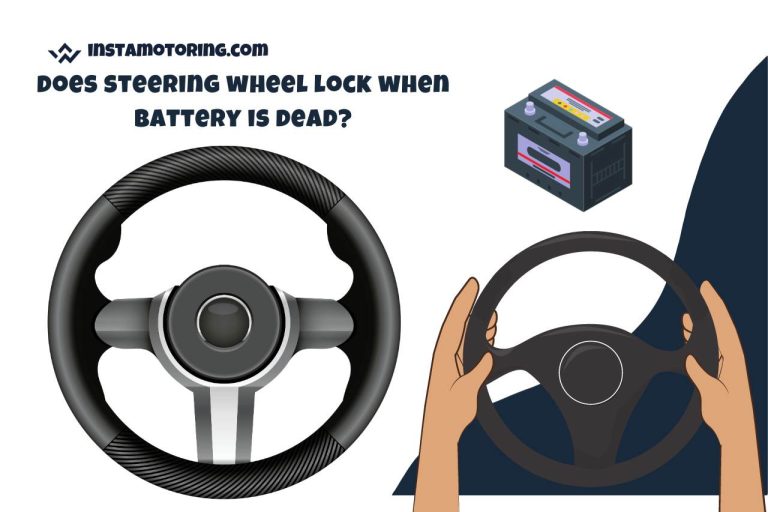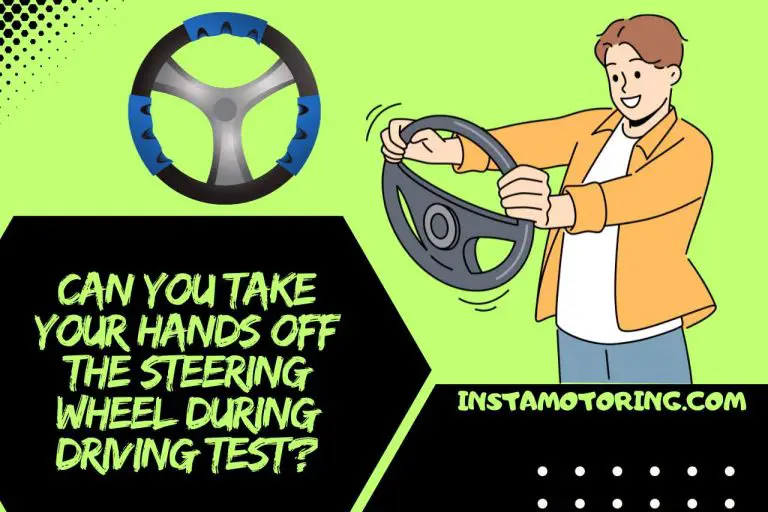Steering Wheel Shakes When Braking? 6 Possible Culprits
Does your steering wheel shake when braking? Then, it indicates that your braking system is struggling to perform as it used to. From warped brake rotors to worn-out pads, numerous factors can disrupt that smooth drive.
Go through our comprehensive guide to understand and rectify the problem, ensuring your drives are both comfortable and safe!
Why Does My Steering Wheel Shake When Braking?
The primary reason your steering wheel shakes when braking is due to imperfections within the braking system, particularly involving warped brake rotors or worn-out brake components.
Below-mentioned points will explain the causes in detail.
Warped Brake Rotors
Rotors, vital components of your braking system, can become warped from excessive heat or prolonged wear and tear. When they no longer offer a smooth surface for the brake pads to grip during braking, every rotation can introduce a vibration felt directly through the steering column.
Whenever this misalignment takes place in the braking system, you will feel a noticeable shake in the steering wheel.
Degraded Brake Pads
Brake pads play a pivotal role because they squeeze against the rotors to stop the vehicle. However, as they wear down over time, particularly when there’s uneven wear, the grip they provide can lead to inconsistencies.
These inconsistencies result in the steering wheel vibrating upon braking, especially if the wear has caused a lack of synchronization between the brake pad and rotor surface.
Stuck Brake Caliper
A brake caliper’s role is to house the brake pads and ensure they squeeze the rotor effectively. When a caliper sticks or doesn’t release properly due to wear, corrosion, or debris, brake calipers can cause excessive heat and irregularities in the braking pressure. As a result, your steering wheel can shake as the uneven force is applied during the braking process.
Loose Wheel Bearings
Although not directly a component of the braking system, wheel bearings play a critical role in the smooth rotation of the wheels. When these bearings become loose or worn out, the misalignment can amplify any existing vibrations in the braking system, making the steering wheel shake even more noticeably when brakes are applied.
Wheel alignment is not a time-consuming task; it takes no more than one hour.
Tire Imbalances or Damages
While the focus is often on the braking system, we can’t underestimate the role of tires. However, you should know that an improperly balanced tire or one that’s sustained damage can easily lead to vibrations, more pronounced when combined with braking.
Suspension Issues
Your car’s suspension system helps to keep the ride smooth. If there are hitches in the suspension, perhaps a worn-out strut or damaged component can be felt directly through the steering, especially when it’s coupled with the act of braking.
How Much Does It Cost to Fix a Shaking Steering Wheel?
The cost to fix a shaking steering wheel typically ranges from $100 to $500, depending on the underlying issue and labor rates in your area.
According to different components that can cause a shaking steering wheel, the average costs vary as follows:
- Brake Rotors: If they’re warped, replacing them might cost between $200 and $400, including labor.
- Brake Pads: Generally, a replacement, including labor, ranges from $100 to $300.
- Wheel Bearings: If these are the culprit, expect a cost of $150 to $500.
Is It Safe to Drive with a Shaking Steering Wheel?
Driving with a shaking steering wheel is generally not safe and should be addressed promptly. As we explained earlier, shaking can indicate several issues such as brake rotor problems, unbalanced tires, or suspension issues.
All these underlying issues can affect the vehicle’s handling and braking efficiency. We think you can understand how unsafe it is to drive when there are handling and braking issues in a vehicle.
We recommend taking your vehicle to the nearest mechanic and fixing the issue at your earliest.



My name is James, I work as an Automotive Designer with 9 years of experience. I also work as a mechanic and vehicle inspector. I love deciphering complicated car exteriors and interiors and resolving fluid and oil troubles. InstaMotoring.com is here to help you troubleshoot your car with dependable and expert help.

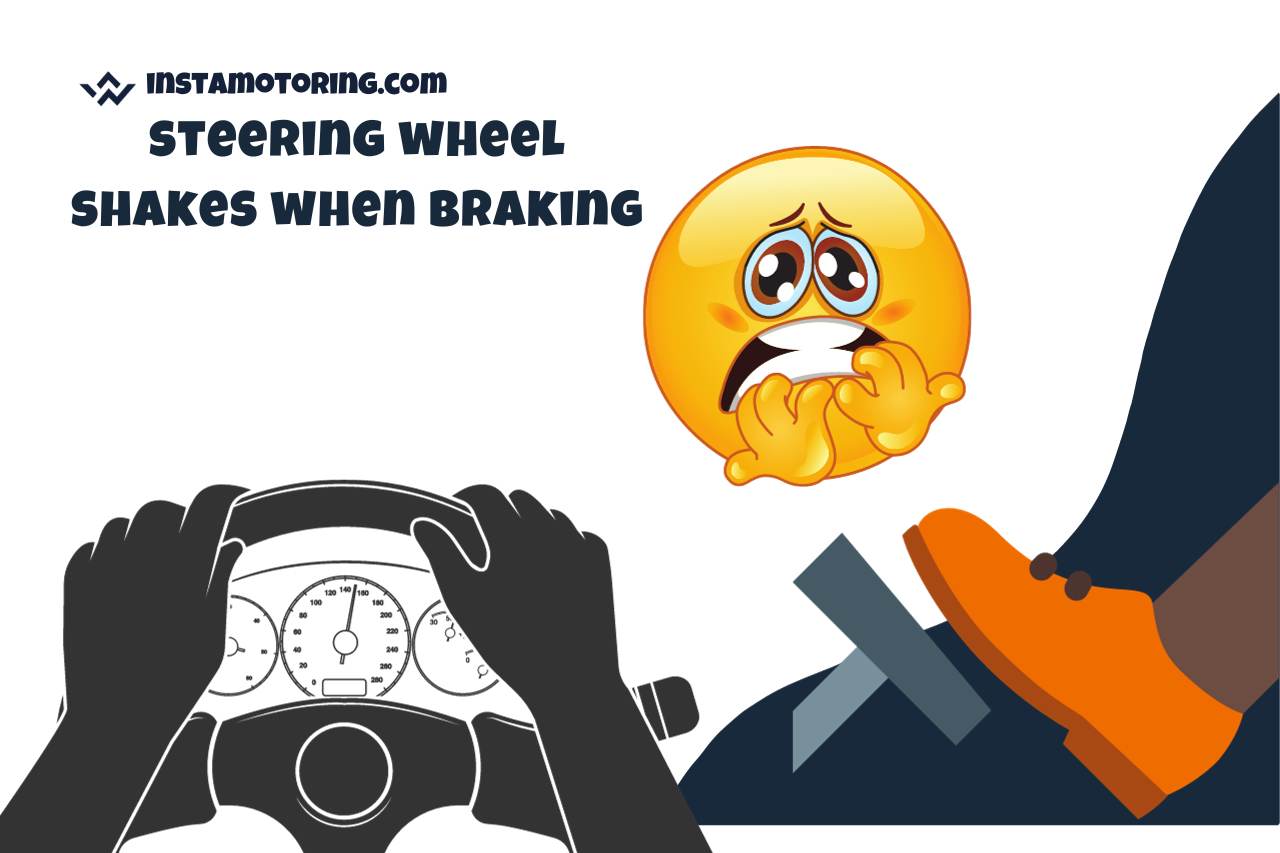
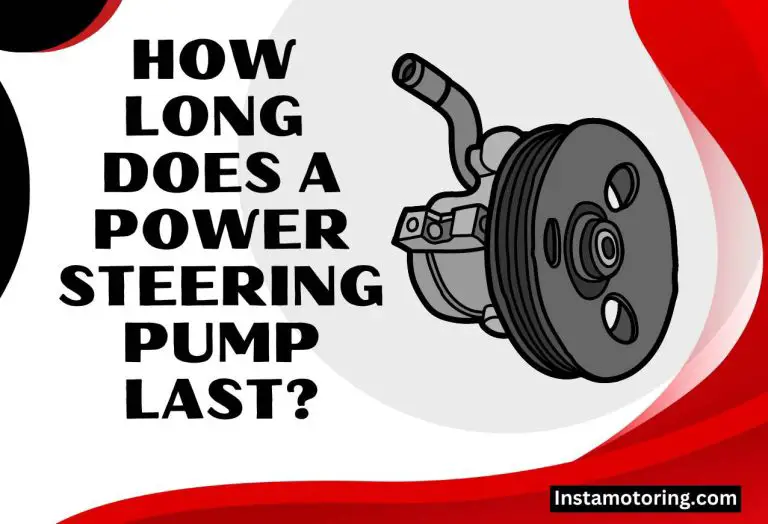
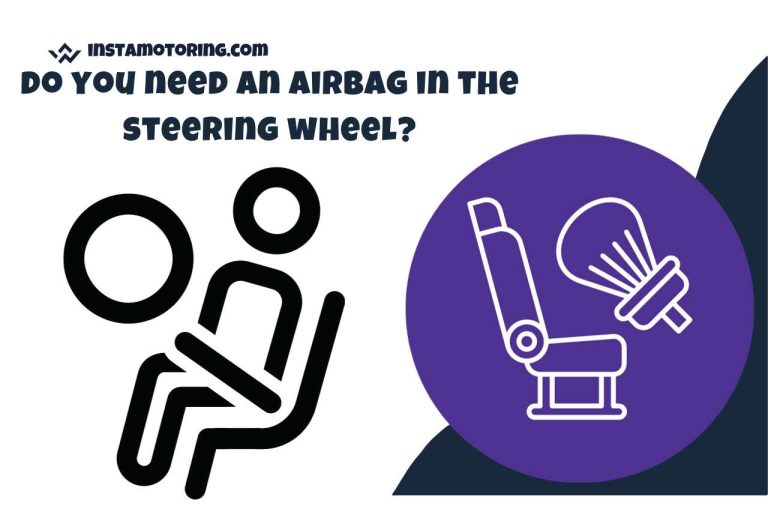
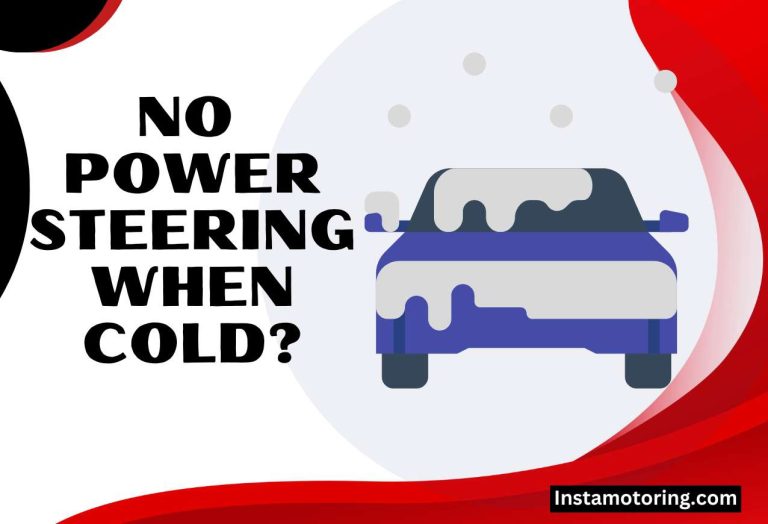
![Steering Wheel is Peeling [Causes and Fixes]](https://www.instamotoring.com/wp-content/uploads/2023/10/why-does-my-mattress-move-away-from-headboard-12-768x512.jpg)
